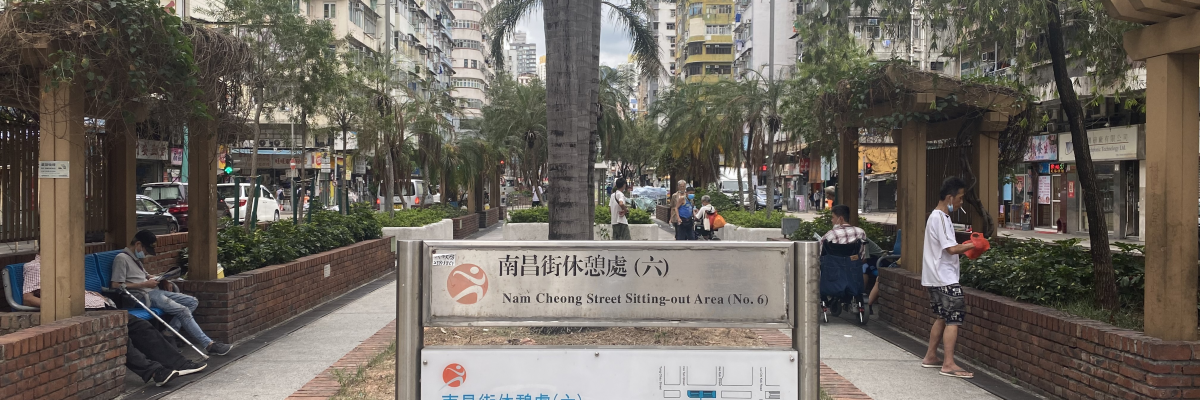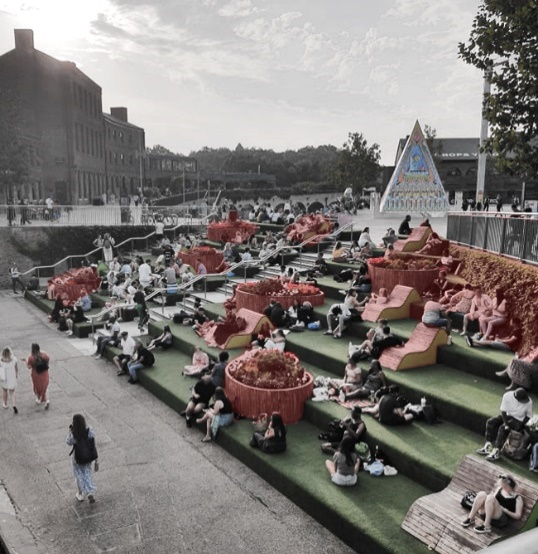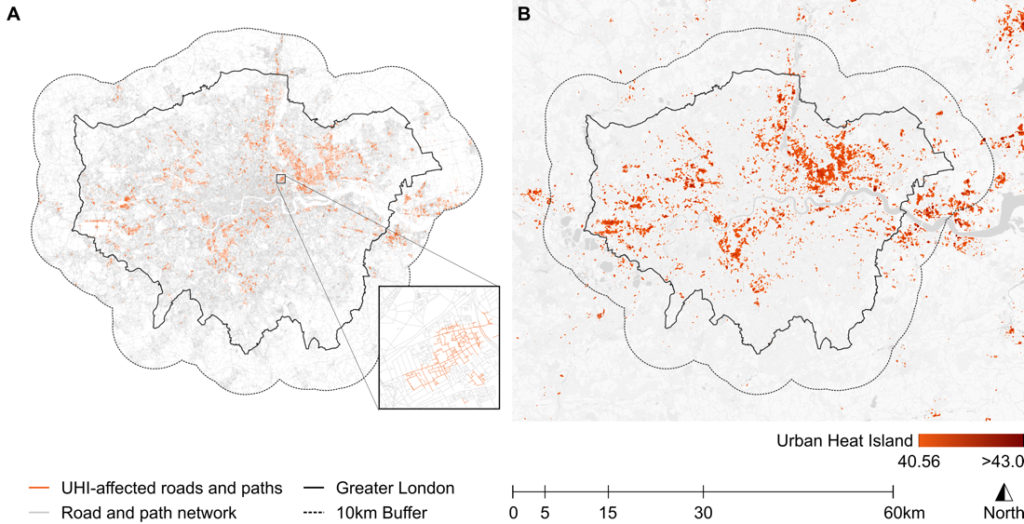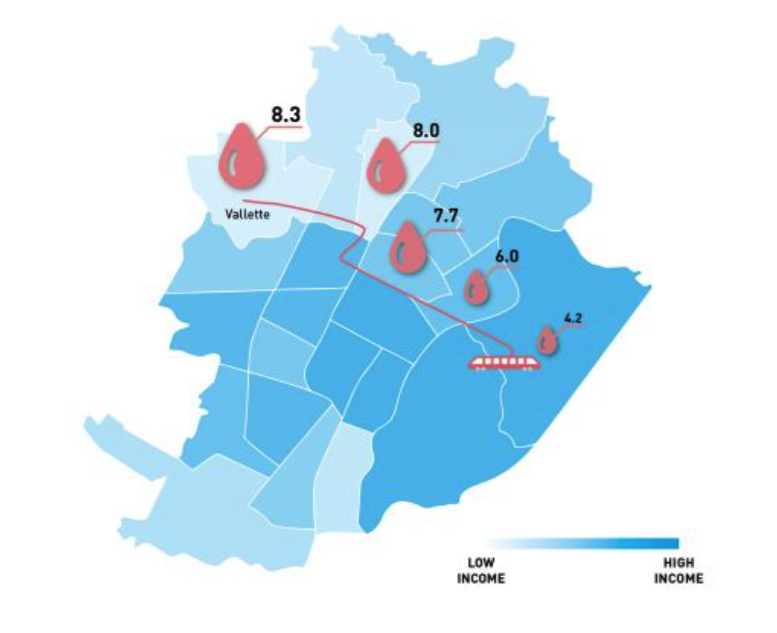City Know-hows

Target audience
Urban planners and designers, students of the built environment, property developers and urbanists.
The problem
There is limited awareness of the impact of spatial arrangements of the built environment on peoples’ sense of place which can influence their subjective well-being (emotional, psychological, and social). We explore the relationships between the built environment, place, and subjective well-being to understand implications for urban planning and design. People who assess place qualities positively tend to have a stronger sense of place. Sense of place is a good predictor of people’s multi-faceted subjective well-being.
What we did and why
We chose two typical high-density urban districts in Hong Kong with different place qualities (one old urban area and one new town, each housing about 3.5 million population) and examined how residents in the two districts evaluated their sense of place and subjective well-being. We also collected their socio-economic and demographic details for analyses. We wanted to examine how place qualities in the two different districts affect people’s sense of place and their subjective well-being.
Our study’s contribution
Place qualities are associated with people’s sense of place.
The study provides two self-validated place qualities and sense of place scales, the latter attempts to measure people’s cognitive, affective, and behavioural sense of place.
Impacts for city policy and practice
Urban policy needs to recognise that place qualities matter and that people need to be involved in the place-making processes, especially in planning and designing community and public spaces;
Collaborative place-making boosts people’s sense of place and their subjective well-being,
People who have a stronger sense of place are usually emotionally happier individuals,
Places with high use values and promote mutuality help nurture people’s sense of place,
People who are committed to a place have stronger psychological and social well-being.
Further information
Institute of Future Cities at the Chinese University of Hong Kong: Established in 2013, a hub for researchers in diverse fields to collaborate in examining a wide range of past and present urban issues and to collectively envision, research and advocate innovative approaches to shape future cities to be environmentally friendly, economically prosperous and socially just.
Full research article:
Place qualities, sense of place and subjective well-being: a study of two typical urban neighbourhoods in Hong Kong by Mee Kam Ng, Tsz Chun Yeung, Mei-Po Kwan, Hendrik Tieben, Tony Yuk Tai Lau, Jiageng Zhu and Ying Xu.
Related posts

Discover how integrating agoraphobia-responsive elements into urban design and planning can transform public spaces into safer, more inclusive environments. This study reveals practical strategies that enhance psychological comfort and accessibility in city landscapes.

Our research highlights how some groups in London, like children, ethnic minorities, and lower-income residents, experience hotter areas due to the Urban Heat Island effect. We provide a clear approach for local governments to make climate action fairer and more effective.

From data to policies: let the data speak! Making local policies more evidence- informed about health and health inequalities. Developing a community engagement toolkit to address health inequalities in urban settings.